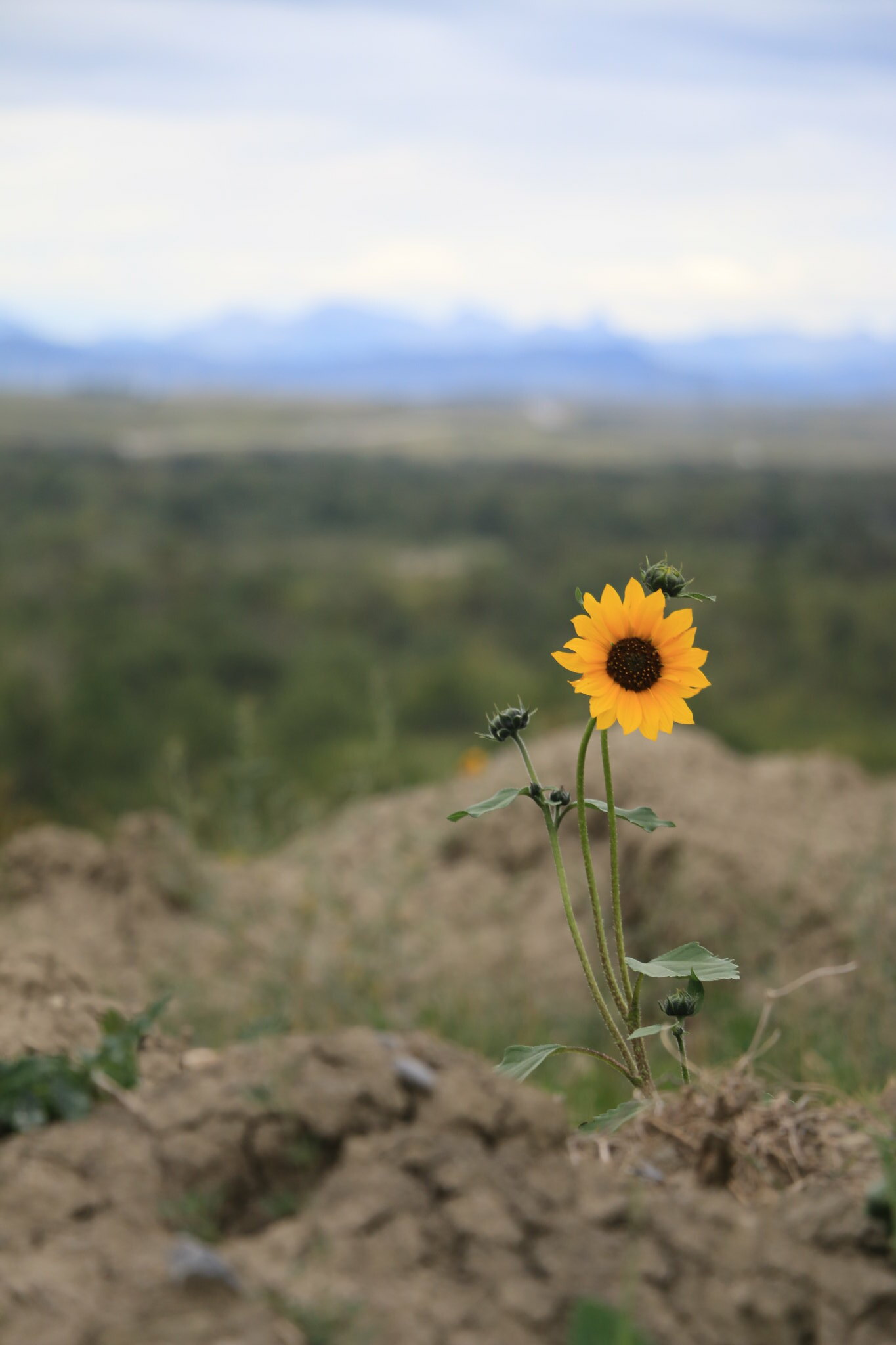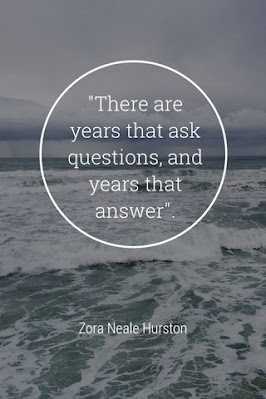Sunday, December 18, 2022
Advent
Here’s the thing, though. With my ME/CFS diagnosis, my nervous system is hyper-sensitive, and prone to inflammation from things that other people’s bodies don’t even pay attention to.
Chemical sensitivities are almost always an issue for people with ME/CFS, and I noticed this in myself over the last few years. I am keenly aware of odours, and I can get overwhelmed by fragrances quickly, even if they’re natural, like essential oils.
Suffice it to say, my home has become a scent-free and paraffin-free household. I always purchase a couple beeswax candles wherever I find them, but it turns out the purple and pink of Advent are hard to come by—well, after Advent has already started, anyway.
So, while I knew I wanted an advent wreath with candles, I also knew that, like everything else, I was going to have to improvise and make my own.
The wreath was the easiest part. Then, I managed to find some plain votive holders at Michael’s — you’d think these would be ubiquitous this time of year, but no. And lastly, the candles. The DIY kit arrived from Amazon just a few days ago.
We are on the fourth Sunday of advent, and here I am, lighting my wreath for the first time.
But for now: hope, love, joy, and peace—I will take them all. And because it is also the first night of Chanukah, I used the shamesh to light the advent candles—because Chanukah reminds us of miracles, and I’ll take a few of those too 😉
Sunday, October 16, 2022
Aware of the Invisible
I have mixed feelings about awareness weeks. Awareness is great, but sometimes I feel like it doesn't move the needle just by being aware that certain disabilities, illnesses, or stigmas exist in the world. And yet, as was stated more than once in a course I took on implicit bias: "aware is halfway there." So maybe there's something to it.
 Coincidentally, this awareness week is the same week I am taking a photography course in Oregon. Last year, I took the instructor's course in Nevada. It was great! And, I was exhausted most of the time. In hindsight, I can see that I was crashing. Too much stimulation, too much exertion, too much excitement (and too much jumping).
Coincidentally, this awareness week is the same week I am taking a photography course in Oregon. Last year, I took the instructor's course in Nevada. It was great! And, I was exhausted most of the time. In hindsight, I can see that I was crashing. Too much stimulation, too much exertion, too much excitement (and too much jumping).I've put some additional strategies in place for this trip--gleaned from others who've gone before me--in the hopes of mitigating the post-exertional malaise. Some of these strategies are as invisible as the disability itself; others will make it more obvious that I don't go about some tasks like others do.
I'm not so sure it's awareness I'll need as much as empathy.
One cool thing I discovered in an ME/CFS support group is the Hidden Disability Sunflower Program. Increasingly, businesses around the world--and airports in particular--are recognizing the sunflower as the symbol of invisible disability or illness. A visual prompt for awareness and empathy, as it were.
We'll see how it goes. 🌻
Wednesday, September 28, 2022
Plan, Prep, Pace
At that point in my health journey, I knew that physical activity exhausted me, though I didn't know why. It was a hike that I tried to take slowly and gently; yet, it still left me exhausted for a full week afterwards.
And I did not want to crash.**
- So, instead of a day-trip, it became an overnight trip.
- I worked from home the day before.
- I did not take any Airbnb bookings upstairs in the days leading up to my trip, so that I could be more blasé about cleaning and tidying.
- I did only necessary chores.
- My friend and I agreed I would not do any of the driving.
- And, though I didn't ask, she carried my backpack of snacks, water, and camera gear the whole way.
- We took a slow pace with lots of breaks.
- I monitored my heart rate the whole way; I kept my breathing measured and steady.
- And upon returning home, I didn't rush to put everything away. (My car is still half full of gear.)
Monday, June 20, 2022
The Outcome of Persisting Exhaustion and Exhaustive Persistence
I was in a discussion once on social media about navigating the medical system. Someone commented, "It's a full-time extra job being undiagnosed." Tell me about it; I just got out of that maze.
It started with food intolerances; as I'd had a "sensitive" gut since childhood, everything seemed to point to a gut issue... until about two years in, when I started to connect feelings of extreme lethargy and brain fog to physical activity and/or stress (both positive and negative).
Maybe it's not just a gut issue...
I had already started poking at the medical system because of the newly-developed food intolerances, and so I continued to hop around from specialist to specialist--while also regularly visiting a variety of medical professionals to help manage the symptoms-of-unknown-origin. Somewhere along the way, I realized I didn't even care about getting better--I just wanted to know what was wrong.
The anxiety is high when every bite of food feels risky.
The apathy weighs heavy while you wait for the brain fog to clear.
You can start to feel crazy making so many lifestyle changes without a clear idea as to why.
(Thank God for my therapist.)
I was given a diagnosis of IBS in 2020; by then I already knew that it wasn't the only thing going on. In one of my down-the-rabbit-hole, anything-new-I-can-learn-today searches, I came across a list of symptoms on the CDC website that I hadn't seen before. My eyes grew large as I read a list of criteria for which I checked nearly every box. I asked my GP if it was worth looking into, and she referred me on to someone who might be able to answer that question.
Four years, and six specialists later, I have a diagnosis. An internal specialist confirmed that my symptoms and experience tell the story of Myalgic Encephalomyelitis--or, as it's more commonly known, Chronic Fatigue Syndrome. (I will refer to it by its abbreviation, ME/CFS.)
A surprisingly common, yet poorly diagnosed disorder.
 They tell you not to Google your own diagnoses, but at this point in my journey--two gastroenterologists, an internal specialist, rheumatologist, allergist, general surgeon, two dieticians, two naturopathic doctors, my GP, a chiropractor, two acupuncturists, and a massage therapist--we had eliminated and screened for a lot of different things; and, not a single medical professional had even whispered ME/CFS as a possibility. I honestly think it wasn't even in their mental catalogue of options. How long would it have taken to get this diagnosis if I hadn't regularly been checking for new information online?!
They tell you not to Google your own diagnoses, but at this point in my journey--two gastroenterologists, an internal specialist, rheumatologist, allergist, general surgeon, two dieticians, two naturopathic doctors, my GP, a chiropractor, two acupuncturists, and a massage therapist--we had eliminated and screened for a lot of different things; and, not a single medical professional had even whispered ME/CFS as a possibility. I honestly think it wasn't even in their mental catalogue of options. How long would it have taken to get this diagnosis if I hadn't regularly been checking for new information online?!
Diagnosis day was a good day.
ME/CFS is categorized by the World Health Organization as a neurological disorder. When my food intolerances first came about, I felt as if something in my body had short-circuited. Then, with the IBS diagnosis, I learned that part of the issue is mixed signals between the brain and the gut. Now, seeing ME/CFS as a neurological disorder, it really does seem that my circuits are a bit scrambled!
It's not life-threatening.
The internal specialist who diagnosed me said I've been doing everything right so far to manage my symptoms and take care of myself. After my appointment, I promptly joined a couple support groups (one local, one online), and I'm hoping to add more tools to my toolkit as time goes on.
I will keep poking the medical system as needed.
I don't know how much I'll share online--with some exceptions, I tend to keep most of the details of my health experiences to myself and those closest to me. However, I know that there is power in community. I know that advocating for myself is important, and sharing parts of my story may help you advocate for and empathize with others. In essence, I now live with a disability--it's a new perspective on something that's been important to me for many, many years. And, as stated before, this is a poorly diagnosed condition--because (as I'm learning) it is poorly understood and poorly researched. If I can help increase understanding, then perhaps someone in the future will not have to go through four years of emotional and physical turmoil before getting a diagnosis.
They're likely tired enough already.
* Image source: https://steller.co/s/there-are-4dxR2bfkaYN/p/1



